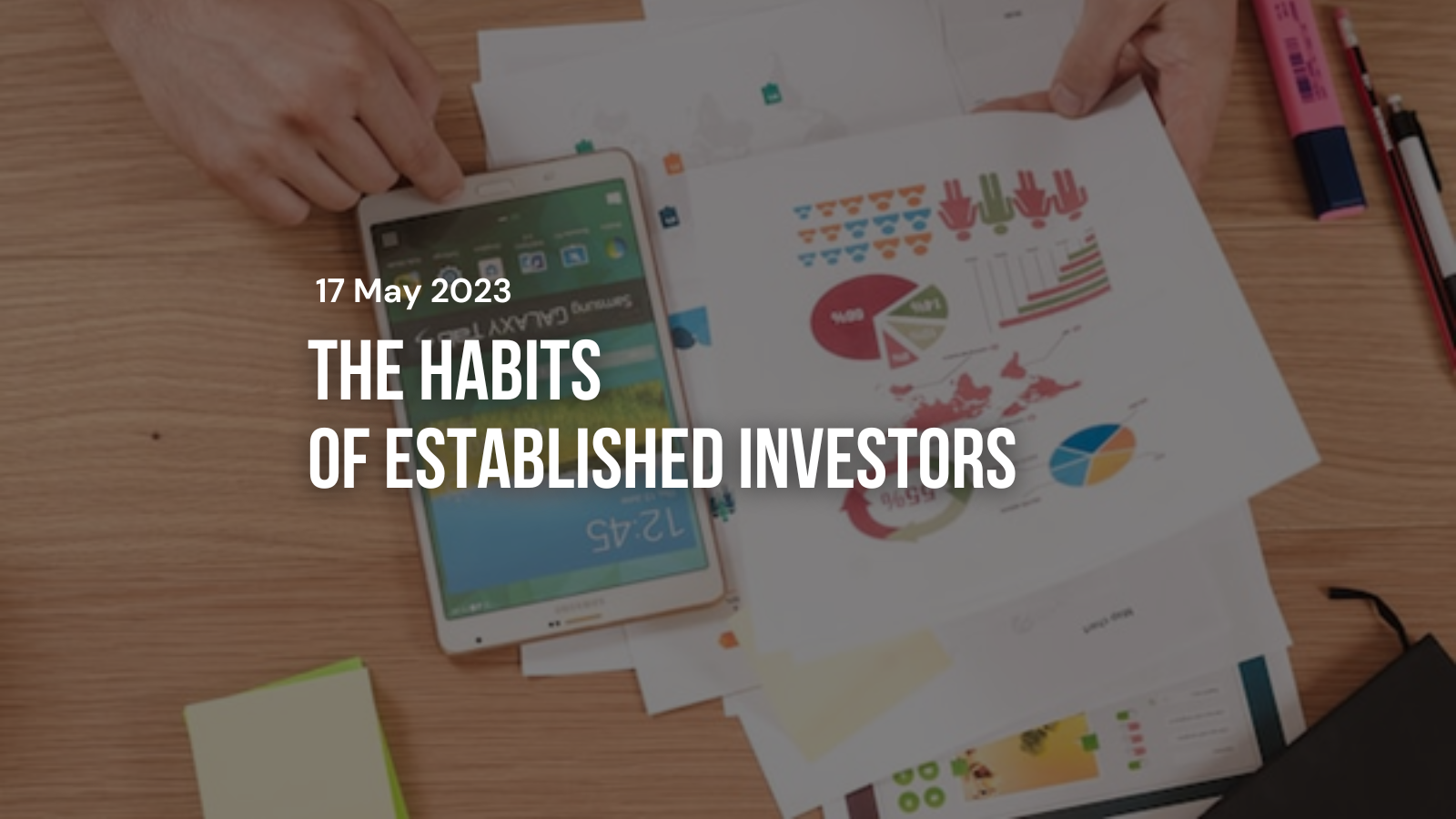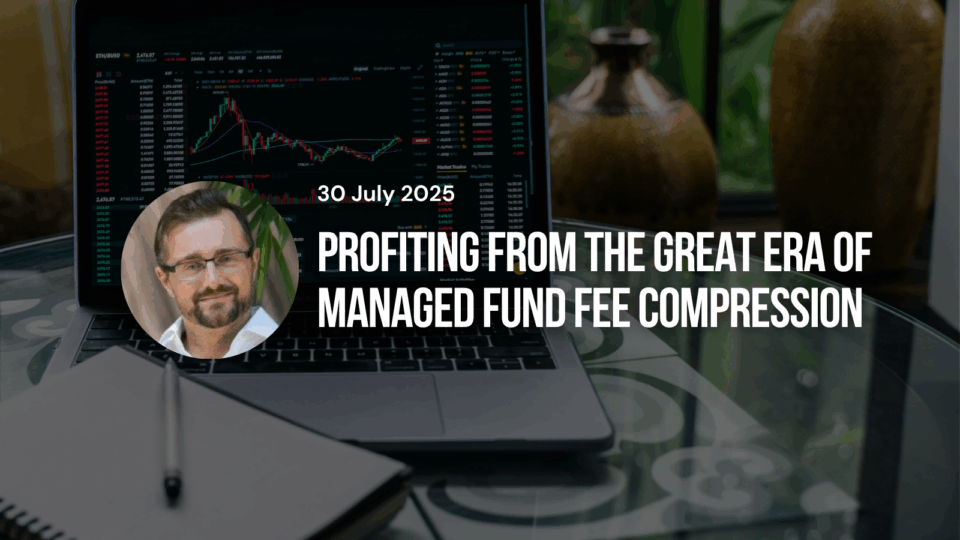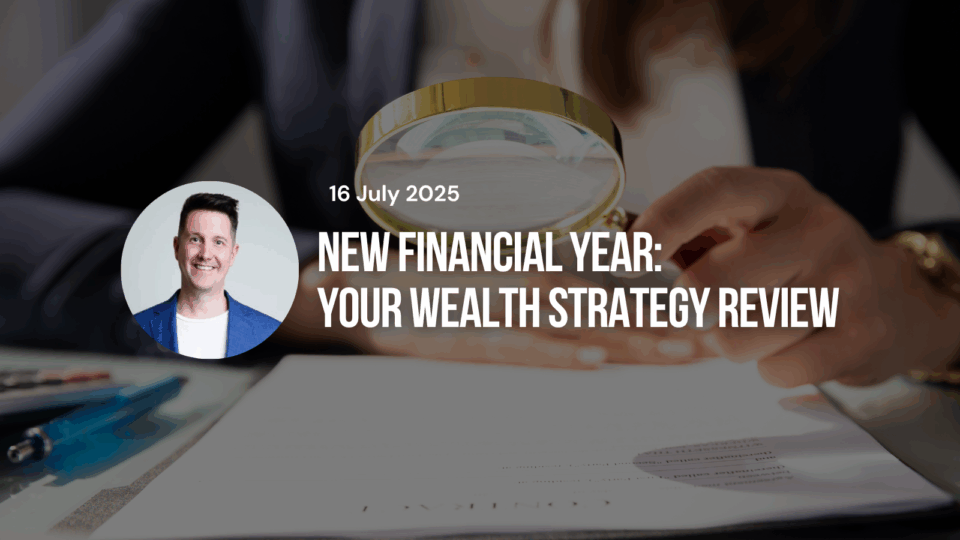
By Selfwealth
17 May 2023
Over the years, experts have spent countless hours trying to define investing strategy. Arguably no cohort provides more learnings than established investors.
From portfolio sizing, to asset weightings, and even risk exposure, the ‘habits’ of established investors offer detailed insight into investor values and behaviours.
Since launching in 2012, Selfwealth has saved investors $107 million in share trading fees thanks to our customer-oriented, high-value, low-cost proposition. We empower investors in their wealth creation journey, and with a community taking in 129,000 members, $50 million in daily trading turnover, and $9.3 billion in funds under management, we understand the mindset of investors.
Profiling established investors
Established investors within the Selfwealth community are typically in their 40s and 50s – on average, 48 years old. Approximately 80% are men, while 50% of the cohort are married with kids.
They earn a comfortable income, averaging $120,000 per annum. With a tenure of 25 months on the Selfwealth platform, and a mean portfolio size of $462,794, this type of investor has experience in the market.
Nonetheless, established investors remain motivated to continue building their wealth. They are proactive in doing so, trading approximately eight times as often as any other cohort per month.
This gives rise to clear motives and goals.
So what motivates established investors to invest in shares?
• Primarily, to fund retirement
• They enjoy the challenge
• Investing supports their lifestyle needs
• Investing will eventually become their primary occupation
And how do established investors approach investing in the stock market?
• They perform due diligence, using stock reports to aid decision making
• By avoiding ‘gut-feel’ decisions
• As opportunists, they are not afraid to act and grasp opportunities when they emerge
• Helping friends and family make investment decisions, but refraining from taking advice
• Mostly with a long-term mindset of at least 10 years before withdrawing capital
A closer look at investing strategy
Equities remain the majority component in the wealth distribution strategies of established investors. The mean total wealth portfolio for established investors is $1,415,047, where 52% of all assets are equities, 37% is property, and 11% is made up of savings.
ASX-listed companies are the preferred investment vehicle for established investors, with a mean value of $358,304 per investor. That is more than three-and-a-half times that of other cohorts.
ETFs are also a high-conviction theme, representing a mean value of $113,825. The mean exposure to US stocks and managed funds is slightly over $30,000 each, while crypto remains a modest vehicle for wealth creation at just $4,251 per established investor.
These figures corroborate with findings (detailed below) that suggest established investors look to quality businesses with growth prospects or dependable income to continue building their wealth.
Established investors mostly demonstrate a balanced risk profile, with 61.1% of the cohort in this category.
However, a high relative level of risk appetite exists as 19.4% of the cohort assess their risk appetite as ‘adventurous’. When questioned, established investors indicate this tolerance is underpinned by experience and knowledge, and as a result, greater confidence than other cohorts.
Meanwhile, 15.8% rate themselves as cautious, and the remaining 3.7% are risk averse.
Both of these traits are more prevalent among established investors in their 50s, with less appetite for risk as they invest for retirement. They intend to stick with their tried and tested financial trading strategy, focusing on steady long-term returns and maintaining some cash for opportunities.
How established investors invest
Readers would be aware that 65% of Australian Shareholders Association (ASA) members manage an equities portfolio valued between $500,000 and $3,000,000.
Across the Selfwealth community, portfolios of this size account for $2.9 billion in funds under management. By category, 43.7% are individuals, 20.6% are SMSFs, 19.3% operate as a trust, while the remainder are split between company and joint account structures.
When looking at this specific sub-cohort, we see that ASX securities take on even greater significance as the cornerstone of established investors portfolios. The average portfolio contains ASX stocks to the value of $1,131,465 and ASX-listed ETFs worth $730,271. These same investors hold approximately $54,544 in cash, $37,956 in US stocks, and $6,929 in US ETFs.
A bias favouring ASX securities is likely because established investors:
• Are more familiar and comfortable with ASX names they can follow on a day-to-day basis
• Find it easier to invest in the local share market
• View quality dividend-paying stocks as a core part of their investing strategy
Portfolio exposure offers further insight that established investors generally prefer to keep things simple. The average portfolio consists of 14 stocks, which is at the lower end of the range that experts might suggest appropriate when it comes to diversification.
And within portfolios valued between $500,000 and $3,000,000, the most popular stocks include BHP (ASX: BHP), banks like Westpac (ASX: WBC), ANZ (ASX: ANZ), and Commonwealth Bank (ASX: CBA), as well as Pilbara Minerals (ASX: PLS).
Vanguard’s suite of ETFs are also an overwhelmingly favoured choice, including the Vanguard Australian Shares Index ETF (ASX: VAS), Vanguard MSCI Index International Shares ETF (ASX: VGS), Vanguard US Total Market Shares Index ETF (ASX: VTS), and the Vanguard Diversified High Growth Index ETF (ASX: VDHG).
For further community insights and market analysis, please visit www.selfwealth.com.au or follow Selfwealth on Facebook, Twitter, or LinkedIn.
Selfwealth Ltd ABN 52 154 324 428 (“Selfwealth”) (AFSL 421789). The information contained in this article is general in nature and does not take into account your personal situation. You should consider whether the information is appropriate to your needs, and where appropriate, seek professional advice from a financial adviser and/or accountant. Taxation, legal and other matters referred to in this article are of a general nature only and should not be relied upon in place of appropriate professional advice.






